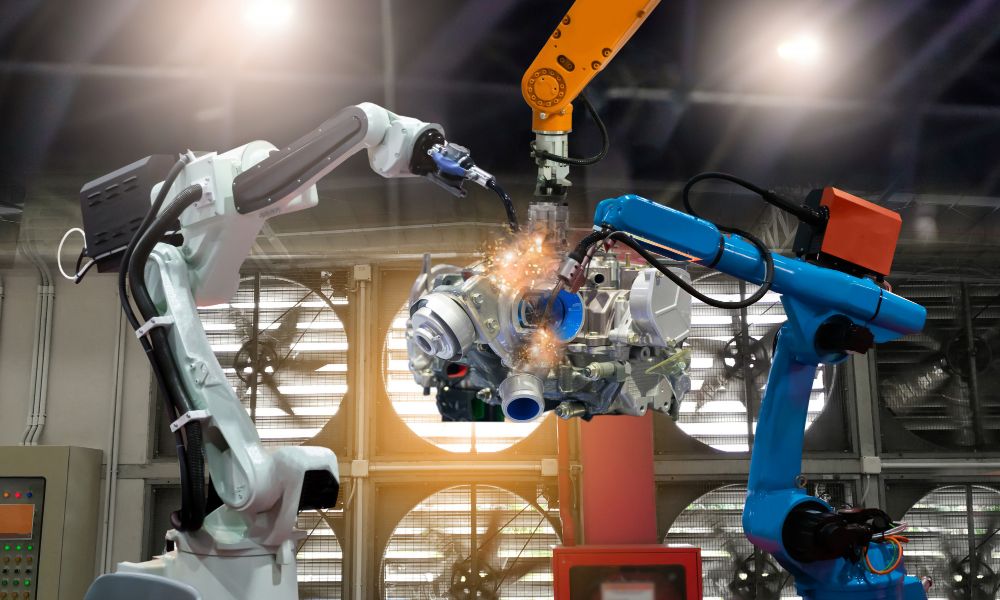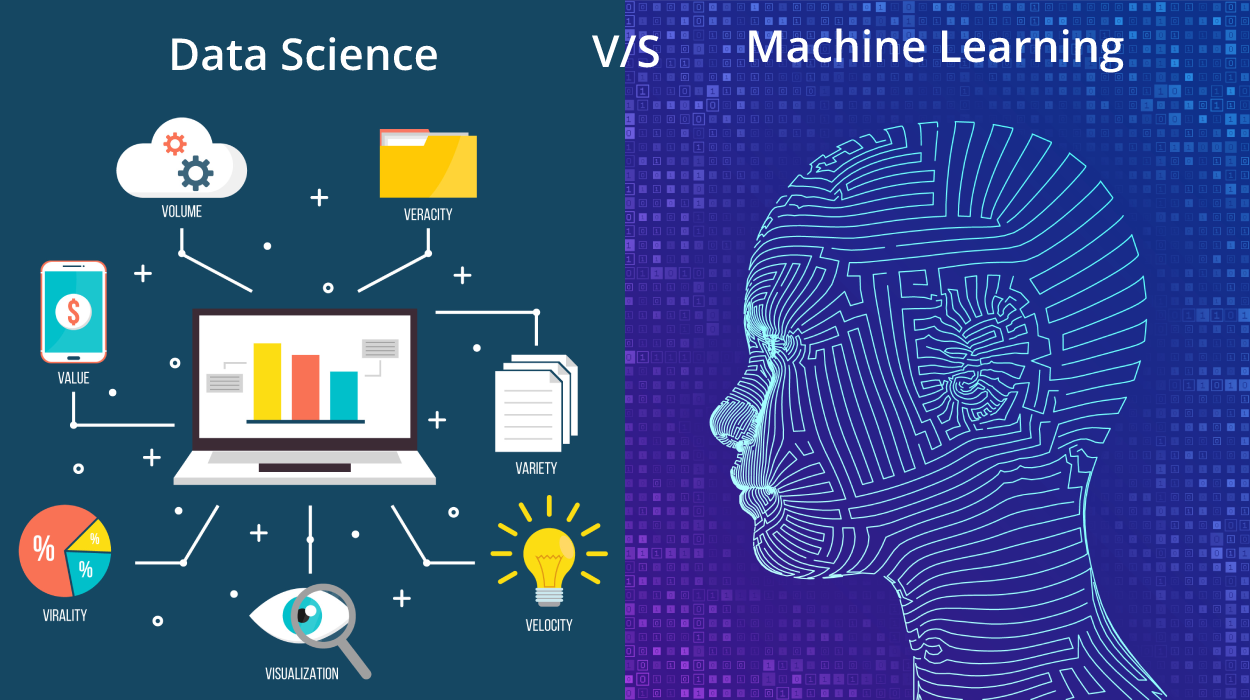Manufacturing has always been a sector with high competition and tight margins, but it's also an industry where even a small improvement in efficiency or productivity can lead to significant cost savings. This is where the integration of Artificial Intelligence (AI) can have a transformative effect. By leveraging AI, manufacturers can optimize their processes, increase efficiency, and improve quality control. Here are some of the ways AI is changing the manufacturing industry.
Predictive Maintenance
One of the most common use cases for AI in manufacturing is predictive maintenance. Predictive maintenance is the practice of using data to predict when equipment is likely to fail, so maintenance can be scheduled before it does. By detecting potential failures early, manufacturers can avoid unexpected downtime, reduce repair costs, and keep their production lines running at peak efficiency.
AI systems can analyze sensor data from manufacturing equipment to identify patterns that indicate potential failures. The system can then notify maintenance teams in advance, so they can take proactive measures to prevent equipment failure. This helps manufacturers avoid expensive downtime, minimize maintenance costs, and keep their equipment running at peak efficiency.
Quality Control
In any manufacturing process, quality control is a critical factor. The use of AI can help manufacturers identify defects and ensure that every product meets the required standards. AI systems can analyze images of products to identify defects, such as cracks or deformities, and alert the manufacturing team to take corrective action.
Using AI in quality control can help reduce the likelihood of producing defective products and improve customer satisfaction. By identifying and addressing defects early in the production process, manufacturers can minimize waste and ensure that only high-quality products make it to market.
Supply Chain Management
The supply chain is a critical component of any manufacturing operation, and AI can help optimize it. AI systems can analyze data from the supply chain, such as demand forecasts and inventory levels, to ensure that the right materials are available at the right time. This helps manufacturers avoid stockouts and reduce waste.
AI can also be used to optimize shipping routes and delivery schedules. By analyzing data on transportation times and costs, AI systems can identify the most efficient routes and delivery times, helping manufacturers reduce transportation costs and improve delivery times.
Robotics and AI
Robots have been used in manufacturing for decades, but the integration of AI is taking robotics to the next level. AI-powered robots can work more efficiently and accurately, reducing the risk of human error and increasing productivity. Robots can also be programmed to perform a wider range of tasks, allowing manufacturers to automate more of their production processes.
AI-powered robots can also be used for tasks that are too dangerous or difficult for humans. For example, they can be used to inspect hazardous materials or work in extreme temperatures. By using robots to perform these tasks, manufacturers can improve safety and reduce the risk of injury.
Data Analytics in Manufacturing
Manufacturers generate vast amounts of data, and AI can help make sense of it. AI systems can analyze data from sensors, production equipment, and other sources to identify patterns and optimize production processes. This can help manufacturers identify inefficiencies and areas for improvement.
Using data analytics can also help manufacturers make better-informed decisions. By analyzing data on customer demand and product performance, manufacturers can make data-driven decisions on production planning, product design, and marketing.
Smart Factories
The integration of AI, robotics, and data analytics is leading to the development of smart factories. Smart factories are manufacturing facilities that use AI and other advanced technologies to automate and optimize production processes. They are designed to be flexible and adaptive, allowing manufacturers to respond quickly to changes in demand or production requirements.
Smart factories can help manufacturers reduce costs, improve quality, and increase efficiency. They can also help manufacturers become more sustainable by reducing waste and energy consumption.
In conclusion, the integration of AI is transforming the manufacturing industry. Predictive maintenance, quality control, supply chain management, robotics and AI, data analytics, and smart factories are just some of the ways that AI is being used to optimize production processes, increase efficiency, and reduce costs. By leveraging AI, manufacturers can gain a competitive advantage in an industry where even small improvements in efficiency can have a significant impact on the bottom line.








